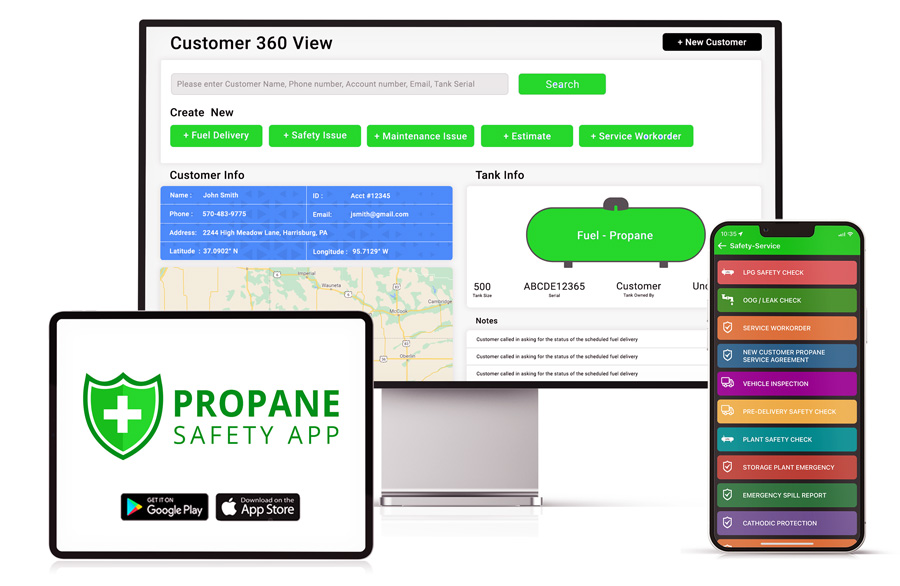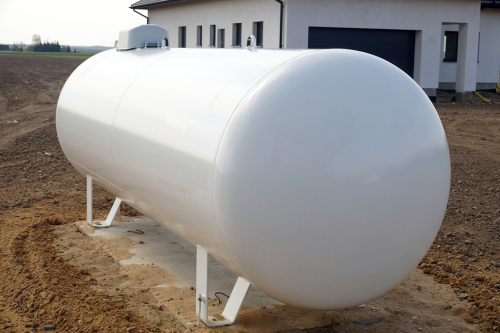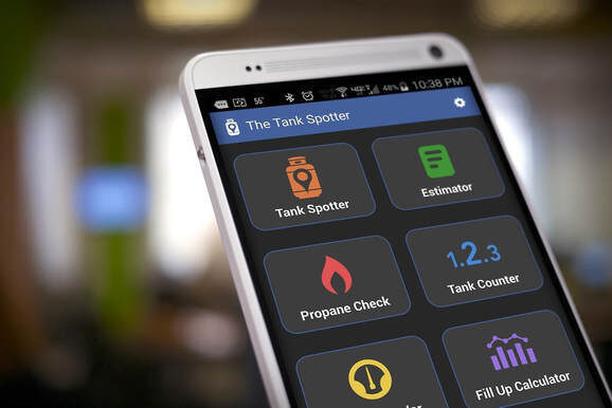Risk Management for Small Businesses in Uncertain Times
Small propane enterprises face a myriad of challenges that can impact their operations. From fluctuating market conditions to unforeseen external factors like natural disasters or economic downturns, the ability to navigate uncertainty and build resilience is crucial for long-term success. Assessing Risks Before developing a risk management strategy, it’s essential to identify and assess potential… Continue reading Risk Management for Small Businesses in Uncertain Times
Small propane enterprises face a myriad of challenges that can impact their operations. From fluctuating market conditions to unforeseen external factors like natural disasters or economic downturns, the ability to navigate uncertainty and build resilience is crucial for long-term success.
Assessing Risks
Before developing a risk management strategy, it’s essential to identify and assess potential risks that could affect your business. This includes conducting a thorough analysis of internal factors such as operational vulnerabilities and external factors like market trends and regulatory changes. By understanding risks, propane enterprises can proactively mitigate potential threats.
Diversification and Adaptation
One effective way to build resilience is through diversification and adaptation. Small businesses can explore opportunities to expand their product and service offerings, target new customer segments, or enter adjacent markets. By diversifying revenue streams, enterprises can reduce reliance on any single source of income, thereby minimizing the impact of market fluctuations.
Emergency Preparedness
Preparedness is key to minimizing the impact of unforeseen events such as natural disasters or supply chain disruptions. Propane enterprises should develop comprehensive emergency response plans that outline protocols for ensuring employee safety, securing critical infrastructure, and maintaining business continuity. Regular training and drills can help ensure that employees are well-prepared to respond effectively in crisis situations.
Insurance Coverage
Adequate insurance coverage is an essential component of risk management for small propane businesses. Policies should be carefully reviewed and tailored to address specific risks, including property damage, liability claims, and business interruptions. Working closely with experienced insurance companies can help ensure that your business is adequately protected against potential losses.
Financial Planning and Contingency Funds
Maintaining a strong financial foundation is critical for weathering periods of uncertainty. Small propane enterprises should prioritize financial planning and budgeting to ensure sufficient cash reserves for emergencies. Establishing contingency funds can provide a financial buffer to cover unexpected expenses or revenue shortfalls, helping to sustain operations during challenging times.
Continuous Monitoring and Evaluation
Risk management is an ongoing process that requires regular monitoring and evaluation. Small propane businesses should establish key performance indicators (KPIs) to track the effectiveness of their risk management strategies and make adjustments as needed. By staying vigilant and responsive to changes in the business environment, enterprises can adapt quickly to emerging risks and maintain resilience over time.








